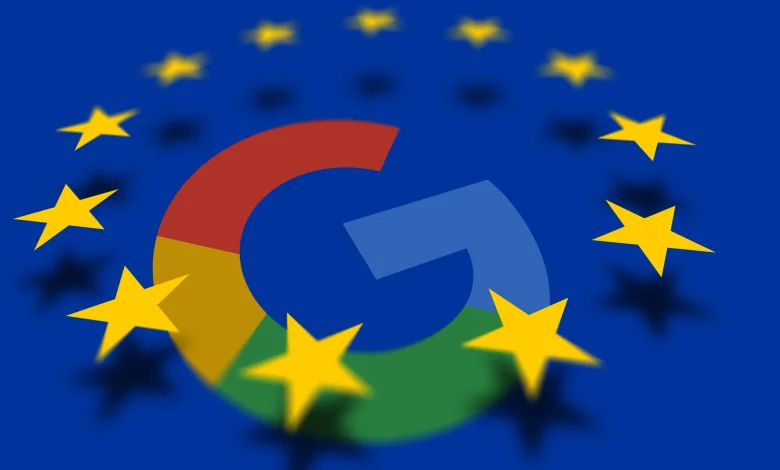Google and the European Commission announced plans to establish an AI pact

As artificial intelligence (AI) technology continues to advance, so too does the need for regulation. AI has the potential to revolutionize many aspects of our lives, from the way we work to the way we interact with the world around us. However, it also raises a number of ethical and legal concerns.
One of the most pressing concerns is the potential for AI to be used to discriminate against certain groups of people. For example, AI-powered facial recognition software has been shown to be more likely to misidentify people of colour. AI could also be used to target people with advertising or other forms of manipulation.
Another concern is the potential for AI to be used to harm people. For example, AI-powered weapons could be used to kill or injure people without human intervention. AI could also be used to spread misinformation or propaganda, which could have a negative impact on society.
In order to address these concerns, governments around the world are beginning to develop regulations for AI. The European Union has proposed a comprehensive set of rules for AI, which would classify AI systems into three categories based on their risk level. High-risk AI systems would be subject to the strictest regulations, while low-risk AI systems would be subject to fewer restrictions.
The United States has not yet proposed a comprehensive set of AI regulations, but the Biden administration has issued an executive order calling for the development of ethical guidelines for AI. The order also directs the government to work with industry to develop standards for the responsible development and use of AI.
Promoted contents:
- Who is the founder of BBC?
- Toshiba Corporation: Who is the founder of Toshiba?
- Google Releases Android 14 Beta 3, With Platform Stability and New Features
- Who founded Nokia? Here is all you need to know
- Who is the founder of HTC Corporation?
- Fast Charging and Multiple Variants: Samsung’s Galaxy Tab S9+ and Tab S9 Ultra Unveiled
- Who is the founder of Realme?
- The Mobvoi TicWatch 5 Pro has been launched
- Rumours of the Galaxy S23 FE: A budget-friendly variant of the Galaxy S23
- The upcoming iOS 17 will add the ability to use your locked iPhone as a smart display
The development of AI regulation is still in its early stages, but it is clear that it is a necessary step to ensure that AI is used for good and not for harm. By developing clear rules and regulations for AI, governments can help to ensure that this powerful technology is used in a way that is ethical, safe, and beneficial to society.
The AI Pact
In addition to government regulation, there is also a growing movement for voluntary agreements among AI developers. In February 2024, Alphabet, the parent company of Google, and the European Commission announced plans to establish an AI pact involving companies from Europe and beyond. The goal of the pact is to create a set of ethical guidelines and principles for the development and use of AI.
The AI pact is a significant step in the effort to ensure that AI is used for good. By working together, AI developers can help to create a set of standards that will guide the development of this powerful technology. The AI pact is also a sign of the growing recognition that AI is a global issue that requires a global response.
The Future of AI Regulation
The future of AI regulation is still uncertain, but it is clear that it will play a critical role in shaping the way that AI is developed and used. By developing clear rules and regulations, governments can help to ensure that AI is used for good and not for harm. The AI pact is a significant step in this direction, and it is likely that we will see more voluntary agreements among AI developers in the years to come.







